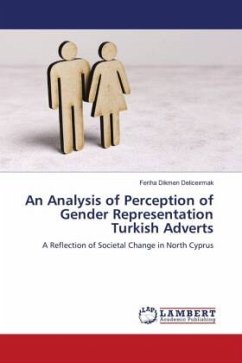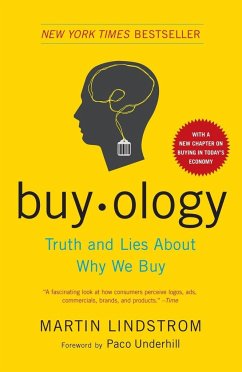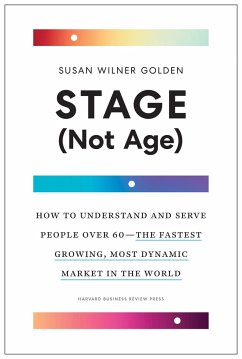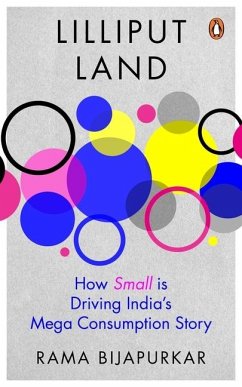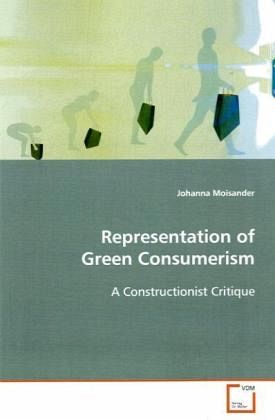
Representation of Green Consumerism
A Constructionist Critique
Versandkostenfrei!
Versandfertig in 6-10 Tagen
52,99 €
inkl. MwSt.

PAYBACK Punkte
26 °P sammeln!
Global warming has recently been pinpointed as anurgent challenge for environmental policy-makers andsocial marketers all over the world. In much of theacademic literature on the topic, problems andsolutions are conceptualized and framed in terms ofindividual choice. Ecologically minded greenconsumers are expected to function as a powerfulmarket force, pushing society toward sustainabledevelopment.This book problematizes such individualistic ideasand sets out to rethink social marketing as ascholarly project. It argues that the ways in whichconsumers and consumption-related social problems are...
Global warming has recently been pinpointed as an
urgent challenge for environmental policy-makers and
social marketers all over the world. In much of the
academic literature on the topic, problems and
solutions are conceptualized and framed in terms of
individual choice. Ecologically minded green
consumers are expected to function as a powerful
market force, pushing society toward sustainable
development.
This book problematizes such individualistic ideas
and sets out to rethink social marketing as a
scholarly project. It argues that the ways in which
consumers and consumption-related social problems are
typically conceptualized and framed in the literature
are inadequate for developing effective social
marketing interventions because they fail to account
for the cultural dynamics of marketplace activity.
Drawing on constructivist epistemologies and
poststructuralist social theory, the book builds an
alternative approach to the study of green
consumerism and consumers as targets of social
marketing interventions.
Overall, the book seeks to provoke discussion and
debate on the topic among marketing scholars as well
as environmental policy-makers and social marketing
practitioners.
urgent challenge for environmental policy-makers and
social marketers all over the world. In much of the
academic literature on the topic, problems and
solutions are conceptualized and framed in terms of
individual choice. Ecologically minded green
consumers are expected to function as a powerful
market force, pushing society toward sustainable
development.
This book problematizes such individualistic ideas
and sets out to rethink social marketing as a
scholarly project. It argues that the ways in which
consumers and consumption-related social problems are
typically conceptualized and framed in the literature
are inadequate for developing effective social
marketing interventions because they fail to account
for the cultural dynamics of marketplace activity.
Drawing on constructivist epistemologies and
poststructuralist social theory, the book builds an
alternative approach to the study of green
consumerism and consumers as targets of social
marketing interventions.
Overall, the book seeks to provoke discussion and
debate on the topic among marketing scholars as well
as environmental policy-makers and social marketing
practitioners.



